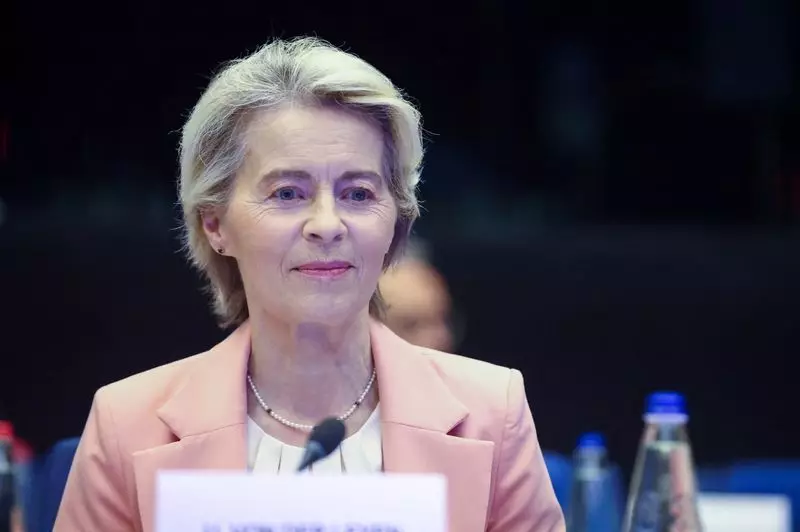The European Union (EU) is at a critical juncture as it prepares to welcome a fresh wave of leadership under the guidance of Commission President Ursula von der Leyen. With the geopolitical landscape rapidly shifting due to ongoing security threats, particularly from Russia, this new administration is poised to take on a variety of pressing issues, ranging from antitrust regulations to enhanced military coordination.
Ursula von der Leyen has unveiled a selection of candidates who will assume pivotal roles within the EU Commission, marking a notable transition in leadership. Key appointments include Teresa Ribera from Spain as the antitrust commissioner, a role that holds substantial importance as the EU strives to maintain competitive markets in the face of globalization and technological advances. Kaja Kallas of Estonia is set to lead foreign policy, while Andrius Kubilius from Lithuania will step into the newly formed role of defense commissioner—an essential position designed to bolster Europe’s military manufacturing capabilities amidst rising tensions with Russia.
This reshuffling reflects not only the necessities of the present moment but also the strategic priorities that the new Commission must grapple with. The appointments clearly indicate an analytical shift, focusing on how the EU can enhance its competitiveness and security measures while effectively navigating complex diplomatic structures.
Fostering Competitiveness in a Changing World
Von der Leyen emphasized that the upcoming Commission will be deeply invested in transforming Europe into a more competitive, sustainable, and equitable economy. Central to this mission is the imperative for a green transition, which calls for decisive policies that facilitate decarbonization while ensuring that all citizens are afforded a just transition. The conversation around climate change remains dominant, serving as a backdrop against which the EU plans its legislative moves. This goal resonates broadly, encapsulating the EU’s vision for a balanced approach to economic growth that prioritizes sustainability.
However, the complexities of this mission are amplified by the immediate impact of external threats, such as the ongoing upheaval stemming from Russia’s aggressive actions in Ukraine. The need for a coherent defense strategy is now intertwined with ecologically mindful economic planning. In this tumultuous climate, the EU finds itself needing to be both proactive and reactive, crafting policies that resonate within its borders while also addressing external pressures.
The appointment of Teresa Ribera brings both promise and challenge to the antitrust division of the Commission. Ribera inherits a crucial portfolio amid growing public scrutiny over Big Tech’s influence on markets. Her predecessor, Margrethe Vestager, was notable for her stringent stances against monopolistic practices and for prioritizing consumer welfare. Ribera’s focus will include tightening regulations against foreign subsidies that undermine local businesses, especially in emerging sectors like electric vehicles and renewable energy.
The challenge lies not just in upholding free market competition, but also in crafting an environment where European companies can thrive in the face of cheaper imports, notably from China. This balancing act is fraught with difficulties as Ribera aims to uphold the EU’s values of innovation and fairness while navigating a highly competitive global market.
Political Landscape and Future Directions
The composition of the new Commission reflects a significant shift in priorities, influenced heavily by the backdrop of the ongoing Ukraine conflict and the global political climate. The new leaders will have to quickly adapt their strategies to an evolving world, including potential shifts in U.S. policies following the upcoming presidential election. A second term for Donald Trump could reshape Western unity and impact the EU’s stance on Russia, underscoring the interconnectedness of security and economic strategy.
The new EU Commission under Ursula von der Leyen faces multifaceted challenges that demand innovative solutions and robust leadership. As the EU endeavors to strike a balance between competitiveness, security, and ecological sustainability, the roles that individuals like Ribera, Kallas, and Kubilius play will be instrumental in defining the future trajectory of the European Union amidst global uncertainties. It remains to be seen how effectively these leaders will navigate their respective portfolios while ensuring that the bloc stands resilient against ongoing challenges.


Leave a Reply